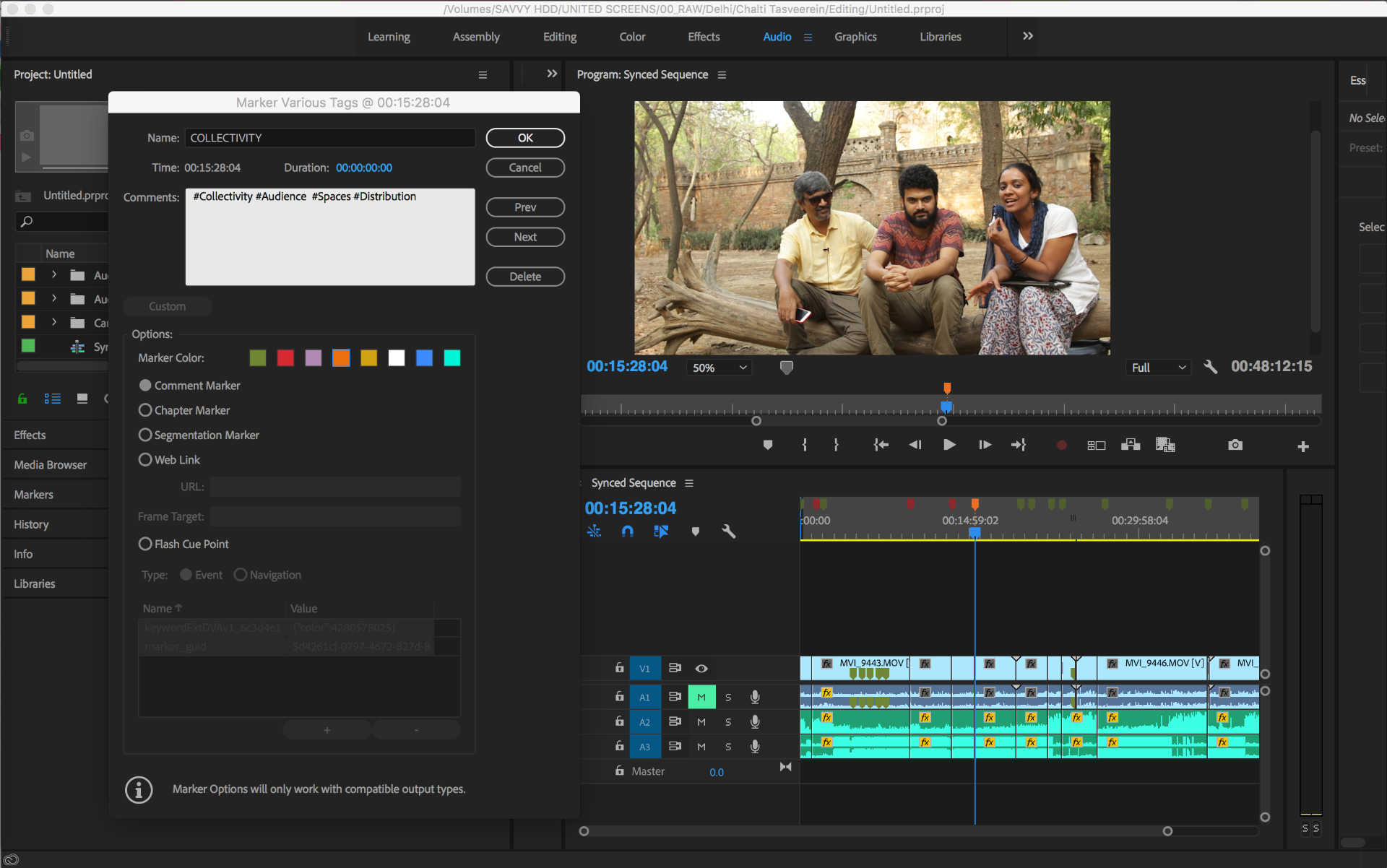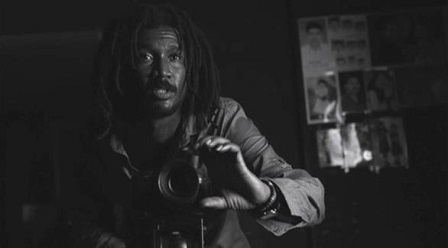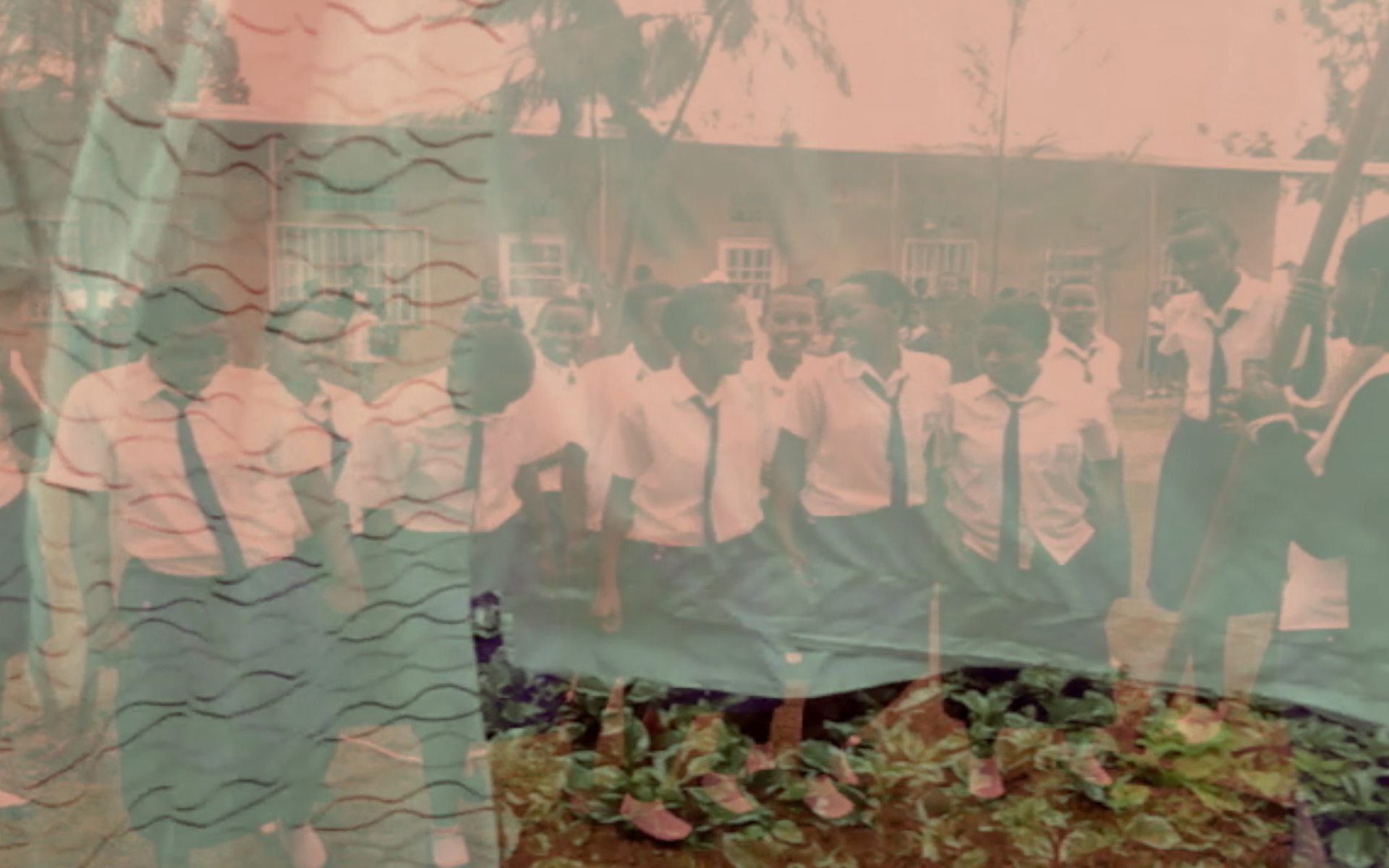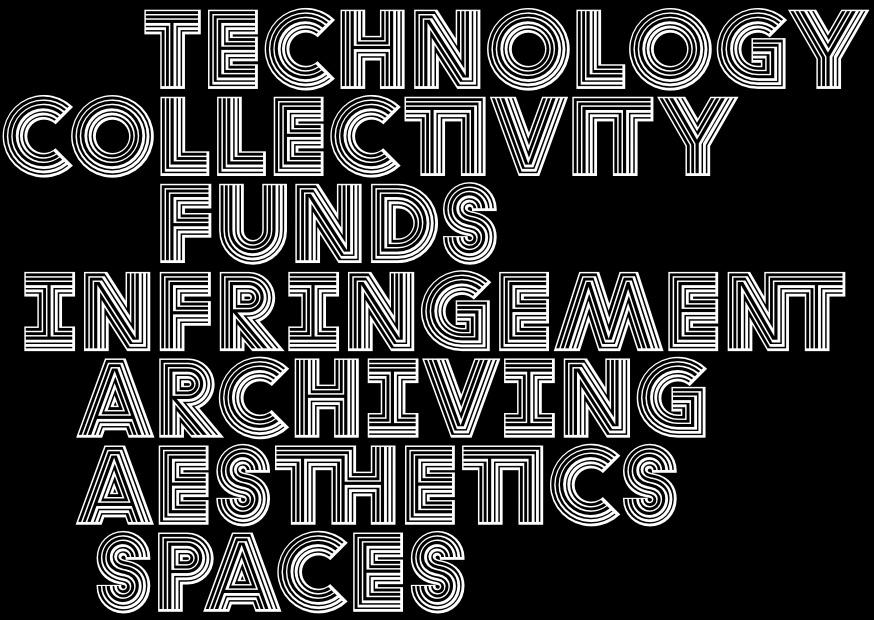VOL 2:
COMING SOON TO YOUR SCREENS.
On archives, legacies and new waves of Sudanese Cinema
Film festival Vol.2 19.–20.07.2018
With Talal Afifi, Mai Gubara, Sara Gubara, Shehab Satti and Viola Shafik
Schedule
| 19.07.2018 | 19:30 | Arsenal Cinema 1 Potsdamer Straße 2 10785 Berlin |
| Short Film Programme | ||
| KHARTOUM Gadalla Gubara Sudan 1960 25 min English | ||
| BATA COMPANY Gadalla Gubara Sudan 1972 6 min Original with English subtitles | ||
| ADVERTISEMENT Gadalla Gubara Sudan 1965-1970 3 min Original with English subtitles | ||
| SONGS OF KHARTOUM Gadalla Gubara Sudan 1970 18 min Original with English subtitles | ||
| VIVA SARA Gadalla Gubara Sudan 1984 10 min English | ||
| The film screenings will be followed by a conversation with Mai and Sara Gubara. | ||
| 20.07.2018 | 18:00 | SAVVY Contemporary Plantagenstraße 31 13347 Berlin |
| Moderated talk with Talal Afifi and Viola Shafik about working to establish new film cultures in their respective scenes. Part of UNITED SCREENS: ON CINEMA BEYOND THE BORDERS OF THE SCREEN, in collaboration with Edit Film Culture! | ||
| 20:30 | Short film programme curated by Talal Afifi | |
| CONFUSION Sadam Siddig Sudan 2015 14 min | ||
| LOSING OAKLAND Alsanosi Adam Sudan 2016 30 min | ||
| HR: HUSSEIN RICHARD Maher Hassan Sudan 2017 6 min | ||
| NOT THE TEARS OF A CROCODILE Salah Elmur Sudan 2010 25 min | ||
| SEROTONIN Shehab Satti Sudan 2018 29 min | ||
The film screenings will be followed by a cinematic conversation with Talal Afifi and Sehab Satti |
Collaborators The Sudan Film Factory, Studio Gad and Arsenal–Institute for Film and Video Art
Project Coordination Elena Quintarelli and Laura Klöckner
In the 1960’s, 70’s and 80’s, Sudan was at the cutting edge of filmmaking in Africa. Gadalla Gubara, a lesser known pioneer of African cinema, realised over 50 documentary and feature film productions and made some of the continent’s best-known films. As a filmmaker for the first Sudan Film Unit after independence, Gadalla Gubara documented Sudan’s postcolonial era like no other. He incepted Khartoum’s first film studio, “Studio Gad” and is a founding father of the Pan-African Federation of Filmmakers FEPACI and the FESPACO festival in Burkina Faso. Today Sudan is once again entering a new arena of film-making. The first ever film festival in the country, the Sudan Independent Film Festival (SIFF) was launched in Khartoum in 2014, showcasing quality Sudanese and international films each year. Focused on independent cinema as a form of artistic expression for social debate and change, it has set out to diversify Western cinema paradigms by establishing itself as a platform celebrating African culture and aesthetics.
In July 2018, SAVVY Contemporary is launching the second edition of COMING SOON TO YOUR SCREENS. On archives, legacies and new waves of Sudanese cinema in cooperation with the Arsenal Institute for Film and Video Art, the Sudan Film Factory and Studio Gad in Khartoum. After the first edition in November 2017, we will once again join forces to continue the cinematic conversation about past and current cinema cultures in Sudan. On two evenings, we aim to trace the golden years of Sudan’s art and culture scene of the 1960’s to 80’s to the challenges, hopes and visions of Khartoum’s film production today. The first night at Kino Arsenal will dig into the archive of Studio Gad by showing a programme of six short and mid-length documentaries by Gubara in the presence of his daughters Mai and Sara Gubara, the latter a filmmaker herself. The films were digitized by the Arsenal Institut for Film and Video Art in 2013 and 2016 and include the short feature KHARTOUM, a historic picture of the lively city in the 70s and VIVA SARA, the story of Sara’s 12-hour swimming race from the island of Capri to Napoli.
Moving from Gubara’s legacy to the present, the second evening at SAVVY Contemporary will focus on the most recent short films from Khartoum and the challenges of film production and distribution in the Sudanese context and beyond. Within the framework of the Invocations program of UNITED SCREENS: CINEMA BEYOND THE BORDERS OF THE SCREEN, SAVVY Contemporary has invited Talal Afifi, director of the Sudan Film Factory and President of the Sudan Independent Film Festival, and a special guest, who will speak about working to establish new film cultures in their respective scenes. The talk will be followed by a short film programme, curated by Talal Afifi, presenting a diversity of genres and production modes highlighting the revival of independent film in Sudan. Filmmaker Shehab Satti will be present and join in the conversation about the new generation of filmmaking post-1989.
PROGRAMME
19.07.2018 19:30 Arsenal Cinema 1
Short Film Programme, followed by a conversation with Mai and Sara Gubara.
20.07.2018 18:00 SAVVY Contemporary
Invocations for UNITED SCREENS. On Cinema Beyond the Borders of the Screen
18:00 Moderated talk with Talal Afifi and Viola Shafik about working to establish new film cultures in their respective scenes.
20:30 Short film programme curated by Talal Afifi
CONFUSION
Sadam Siddig Experimental Sudan 2015 14 min
Exploring the inners of a young Sudanese who migrated to a city full of surprises, Paris. The young man Yasien has thoughts, feelings concerning his own identity, closeness and isolation from those around him who may be different. The first film the director after his migration reflects upon his confusion in an experimental quick tempo mode.
LOSING OAKLAND
Alsanosi Adam Documentary Sudan 2016 30 min
A Sudanese student in the US, exploring the geography of the civil rights and black movement in America and highlighting West Oakland California as a place and community under transition.
HR: HUSSEIN RICHARD
Maher Hassan Documentary Sudan 2017 6 min
How can war influence a work of art? With all the destruction and crushing remorse of war, Hussein tells us about the first time he heard gunshots and how he ran away and survived after losing everyone. A trip down a painful memory lane and a heart full of hope.
NOT THE TEARS OF A CROCODILE
Salah Elmur Fiction Sudan 2010 25 min
In a rural village in Sudan where men’s lives circle around a domino game, a craftsman receives an invitation to participate in a TV programme. The news is a bomb in this peaceful area. The tailor, the barber, the local musician... they all get busy. But a surprise is waiting for them.
SEROTONIN
Shehab Satti Experimental Sudan 2018 29 min
An experimental film about isolation, depression and life, a beautiful artwork that was announced as the best Sudanese film at the Sudan Independent Film Festival 2018.
The film screenings will be followed by a cinematic conversation with Talal Afifi and Shehab Satti
Talal Afifi 1976, is a Sudanese film curator, creative producer, and the founder and director of Sudan Film Factory, a production house and film culture platform that works since 2010 in empowering and building youth capacities in the field of documentation, filmmaking and freedom of expression. He is the founder and president of Sudan Independent Film Festival since 2014 and art manager of Karmakol International Festival. He is also a member of the executive committee of the Sudanese Writers ‘Union. Previously working in cultural management in Egypt and Sudan, he also managed the production of a variety of documentaries and short films between 2010-2017, in addition to supervising filmmaking workshops and training in Sudan. Afifi is interested in further developing the independent filmmaking industry and supporting new modes of documentary production and presentation.
Gadalla Gubara is one of the less well-known pioneers of African cinema. He ran the first film studio in Sudan and was co-founder of both the Pan-African Federation of Filmmakers FEPACI and the FESPACO festival (Ouagadougou, Burkina Faso). His oeuvre spans feature films, reports, educational documentaries, advertising films and home movies. He documented Sudan’s political and social developments for over 50 years, from independence in 1956 via the phase of socialist government and its policy of modernization all the way through to the proclamation of the Islamic Republic in 1983, equally capturing the obvious deterioration in conditions for filmmaking that went hand in hand with this development.
Sara Gadalla Gubara lives and works in Khartoum. She has directed feature films, documentaries and animated films. She is a long distance swimmer, and has participated in local and international competitions. In addition, she advises NGOs on questions of gender and equal opportunities. Sara Gubara is a graduate of the Academy of Arts in Cairo. Her films have been presented at festivals in South Africa, Zanzibar, and Uganda. She co-directed the final feature film of her father Gadalla Gubara LES MISERABLES.
Shehab Satti is a Sudanese filmmaker born in Oman 1998. His cinema interest started when he was 10-years-old by creating viral dramatic clips online. After participating in many short films and TV shows as a camera operator and editor, he is now a film student at Mashreq University, Khartoum.
Viola Shafik is a film scholar, curator and filmmaker. She is currently working as a researcher for the Kunsthistorisches Seminar at the Ludwig Maximillian University in Munich, researching dissidence, subjectivity and revolution in Arabic documentary film. She is also a Berlinale delegate for the Arab world. Her monographs include "Arab Cinema: History and Cultural Identity", AUC Press, Cairo, 1998/2016 and "Popular Egyptian Cinema: Gender, Class and Nation", AUC-Press, 2007. Since 1987, she has curated numerous film series, taught at various universities, has been a Fellow at NYU, IFK, and the Wissenschaftskolleg Berlin (WIKO), director of studies of the Documentary Campus MENA program (2011-2013), and has been one of the selection committees of the al-Rawi Screenwriters Lab, the Doha Film Institute and the World Cinema Fund (Berlinale). Her directing work includes, among others, "Ali in Paradise / My Name is not Ali" (2011) and "Arij - Scent of Revolution" (2014).
COMING SOON TO YOUR SCREENS. On archives, legacies and new waves of Sudanese Cinema is a cooperation between the Sudan Film Factory, Studio Gad, Arsenal - Institute for Film and Video Art and SAVVY Contemporary.
Support The Cultural Desk of the Sudan Embassy in Berlin




